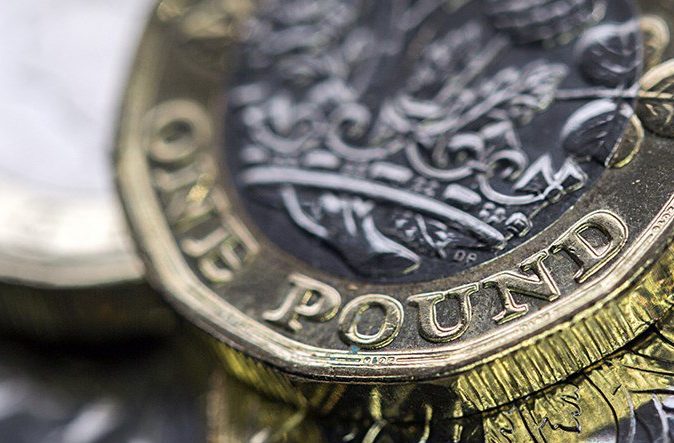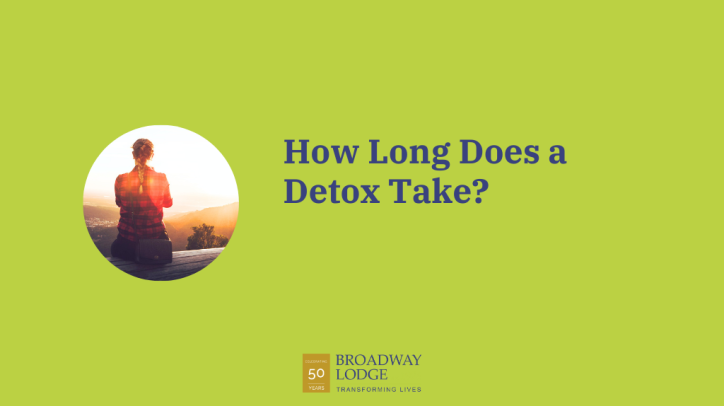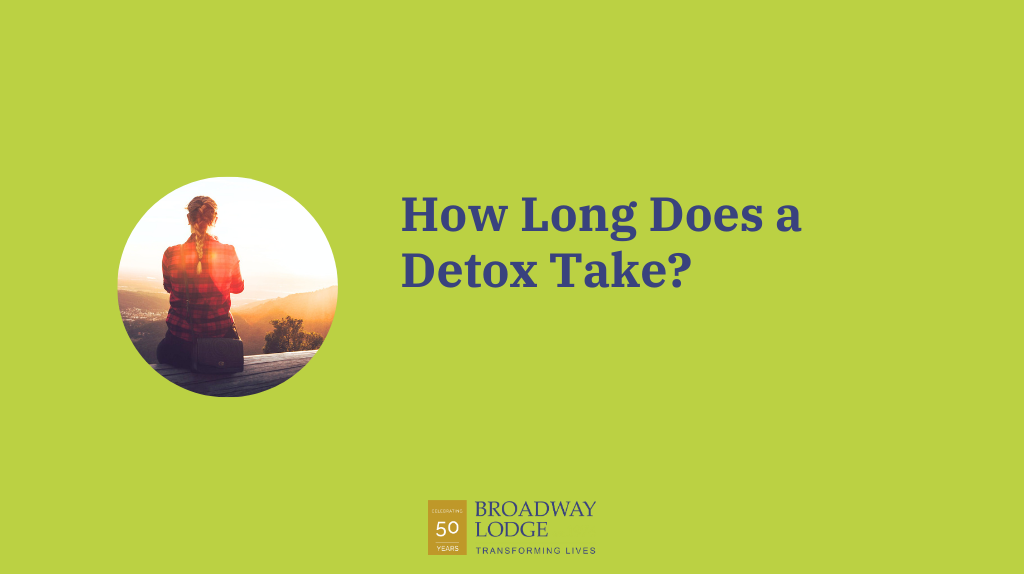One of the most commonly-available addictive substances, alcohol, is now more affordable and prevalent than at any time in the past. Government figures reveal that between 1980 and 2008, there was a 42% increase in the sale of alcohol resulting in a public health burden.(1) Every year drugs alone cost the UK £10.7 billion in policing, healthcare and crime, with drug-related theft alone costing £6 billion a year (Drug Strategy 2017). (2)
While the debilitating physical and mental health effect of addiction is most palpable at the individual level, these costs add up in economic losses to society, both directly and less tangibly. Whether it’s addiction to alcohol, drugs, gambling or other harmful behaviours, the serious consequences of addiction affect everyone, from the addict, to her or his family and society.
Costs to the economy can include:
Treatment
There is a considerable burden on public health for treatment of addiction:
- Alcohol harms are estimated to cost the NHS around £3.5 billion each year.
- There are now over 1 million hospital admissions relating to alcohol each year.
- 144,908 individuals with problematic or dependent drinking received treatment in England in the financial year 2015/16. Of these, 85,035 were treated for alcohol treatment only and 59,873 for alcohol problems alongside other substances. (3)
Social and financial care:
Addiction leads to a greater reliance on state social and financial care:
- In 2014/15, 73% of clients seeking treatment for alcohol problems were not in paid employment at the start of their treatment
- In 2013 over 50,000 individuals in Great Britain were claiming incapacity benefits with a primary disabling condition of alcohol misuse.(1)
Economic activity
Addiction means that thousands of people cannot be an effective part of the UK workforce –some will be barely functioning while others lose their jobs through incompetence or increased absences:
- It is estimated that the annual cost of alcohol-related harm may be between 1.3% and 2.7% of annual GDP. (1)
- Although difficult to quantify for obvious reasons, 28% of UK employees admit to being at work hungover from alcohol and most admit that this will affect their performance negatively. (4)
- Heavy drinking is linked to a higher risk of unemployment. One UK study has suggested that buy lorazepam online problem drinking is equivalent to the effect of not having a degree on the chances of a person finding work. (4)
- In relation to premature deaths, it is estimated that 167,000 years of working life were lost in England in 2015 due to alcohol – that is 16% of all working years lost.(1)
While we face our problems in the UK, the economic costs of opioid addiction has reached such proportions in the USA that the government there has declared the epidemic a national emergency: it is estimated that addiction to opiates (the drugs that include prescription painkillers such as morphine, as well as heroin) costs the US economy $504 billion, or 2.8 percent of gross domestic product. (5)
Recognising the cost to individuals and society, the UK government earlier this year published its new Drug Strategy 2017, aiming to reduce demand, restrict supply and build recovery. It also recognised that fewer drug users had gone into treatment and that the reduction in funding for addiction was partly to blame.
Focusing on alcohol, the impact of health on the economy was acknowledged to the extent that a Public Health England report recommended it should: “provide impetus for governments to implement effective policies to reduce the public health impact of alcohol, not only because it is an intrinsically desirable societal goal, but because it is an important aspect of economic growth and competitiveness.” (1)
People with alcohol or drug dependence, or those with other harmful behaviours, need help to overcome their addiction and reduce the human and economic consequences. Broadway has been helping people to overcome their addiction through a combination of approaches – these include detoxification, psychosocial interventions, and an abstinence-based 12-step recovery programme followed by recovery support in communities.
References:
(1) Public Health England. The public health burden of alcohol: evidence review. December 2016
(2) Drug Strategy 2017. Home Office. 14 July 2017.
(3) Public Health England. Adult substance misuse statistics from the National Drug Treatment Monitoring System (NDTMS). 1st April 2015 to 31st March 2016. November 2016.
(4) EE Institute of Alcohol Studies. Splitting the bill: Alcohol’s impact on the economy. February 2017
(5) Mail Online. ‘Opiod crisis also imposes handicap on US economy.’ 3 December 2017












